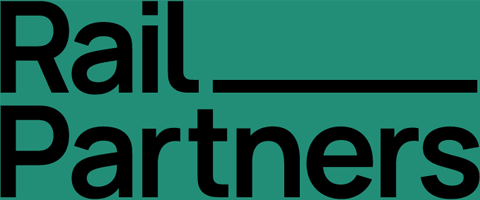
Statement from Rail Partners ahead of the Second Reading of The Passenger Railway Services (Public Ownership) Bill
Rail Partners chief executive, Andy Bagnall, said:
‘Train companies agree that change is needed but it is disappointing to see Government legislating to ban the use of contracted train companies, without first setting out the detail of how its wider rail reform bill will deliver improvements for passengers and freight customers.
‘On a day when the Government is revealing significant pressures on public finances, it is counterintuitive to remove the only part of the system with a track record of driving growth and reducing subsidy for taxpayers, which can free up money for other public services and helps hold fares down for passengers.’
Notes to editors
Notes to editors:
- Train companies have consistently supported a complete overhaul of the railway, including a new public body and a more unified system as proposed by the new Government under Great British Railways, but which would harness contracted train operators to deliver for passengers.
- The historical track record of the private sector shows how it helped to drive a 107% increase in passenger numbers, a 32% increase in services and turned an operating deficit under British Rail into a surplus, paying a dividend of £3.8bn to the Treasury from 2010-2019 – trends not seen today due to Whitehall micromanagement under the post-Covid contractual model, but which could be repeated if train companies are deployed in the right way under Great British Railways.
- Banning the use of contracted train companies removes the incentives to maintain cost discipline and grow revenue. Based on historical performance, private operators have shown their ability to achieve productivity growth 1% faster than the public sector average of 0.2% per annum and their entrepreneurialism can deliver growth 1% higher than a public monopoly. Because of the overall scale of the railway, these incremental improvements would make a difference of £1bn a year less subsidy by the end of this parliament – money that can be used for other vital public services or to hold down fares.
- It is unclear how nationalisation will improve performance. Almost all rail infrastructure – tracks, bridges and tunnels etc – is directly owned and managed in the public sector as well as almost 40% of passenger train services. And the infrastructure manager is responsible for over 60% of delay minutes, based on ORR data from the last quarter.
